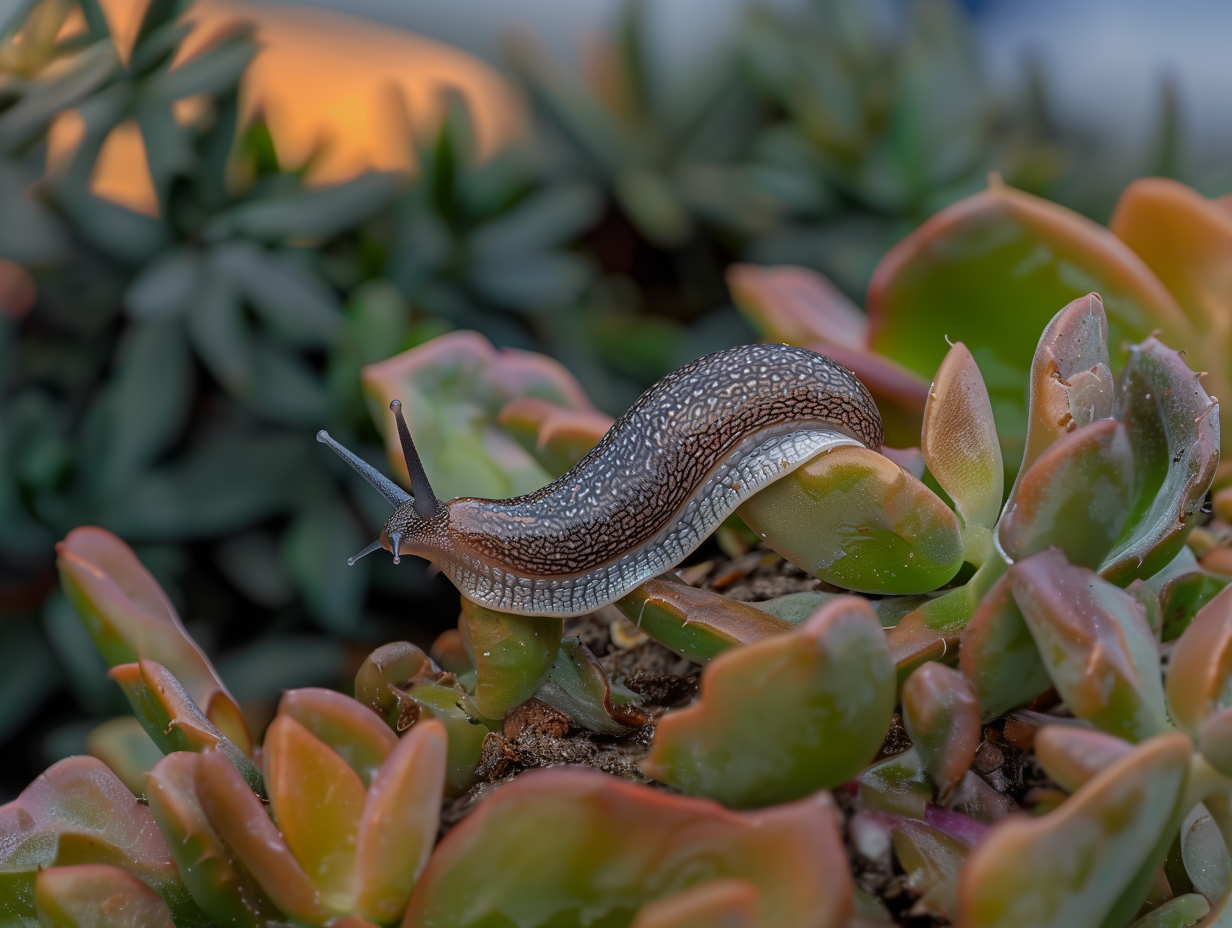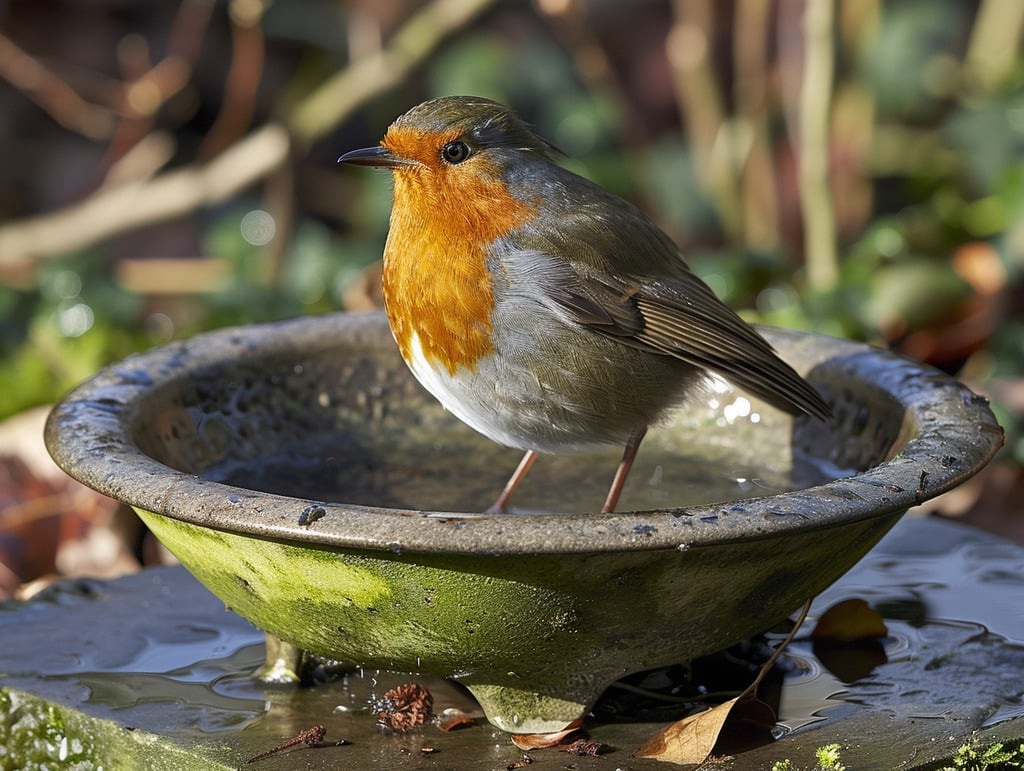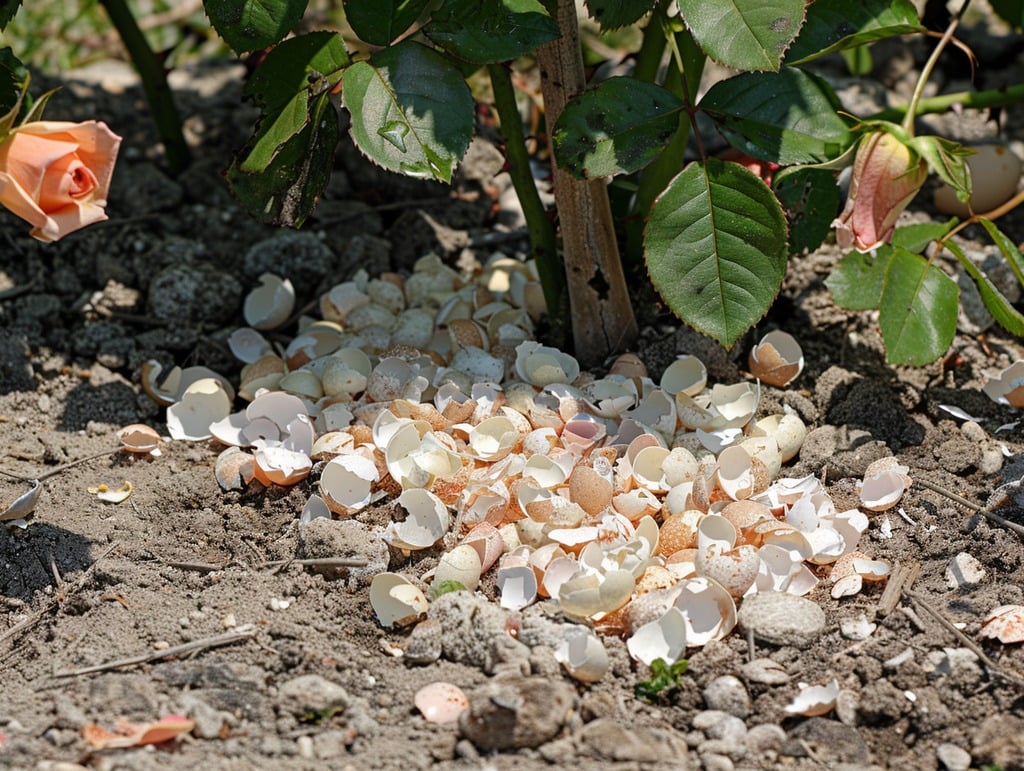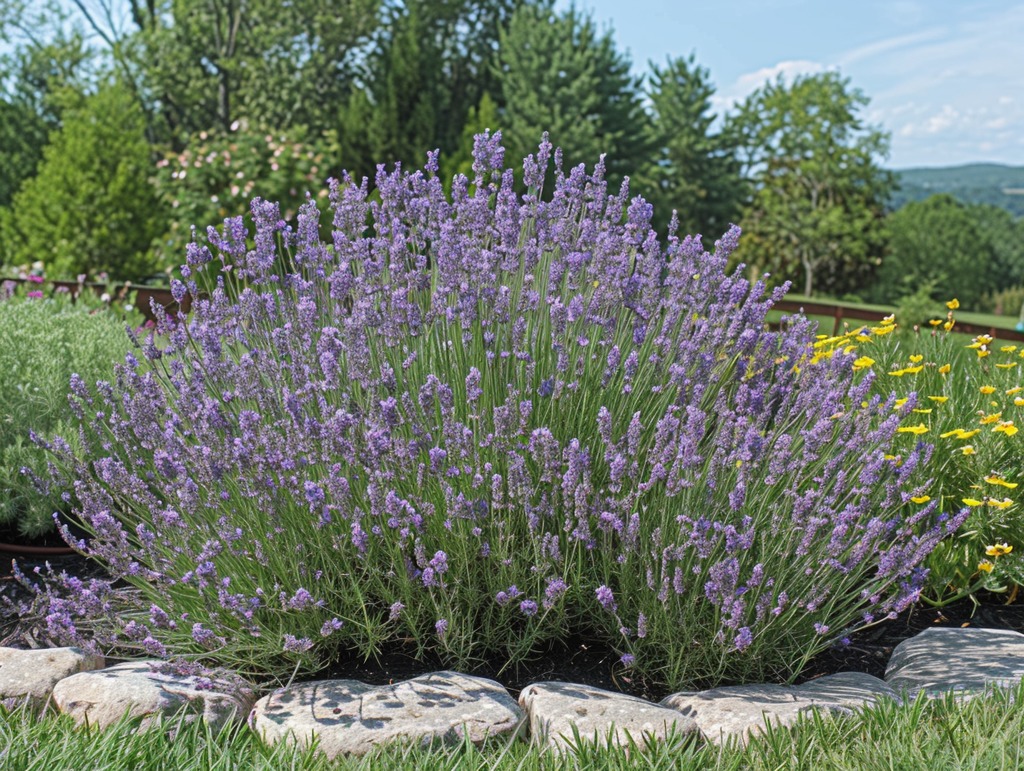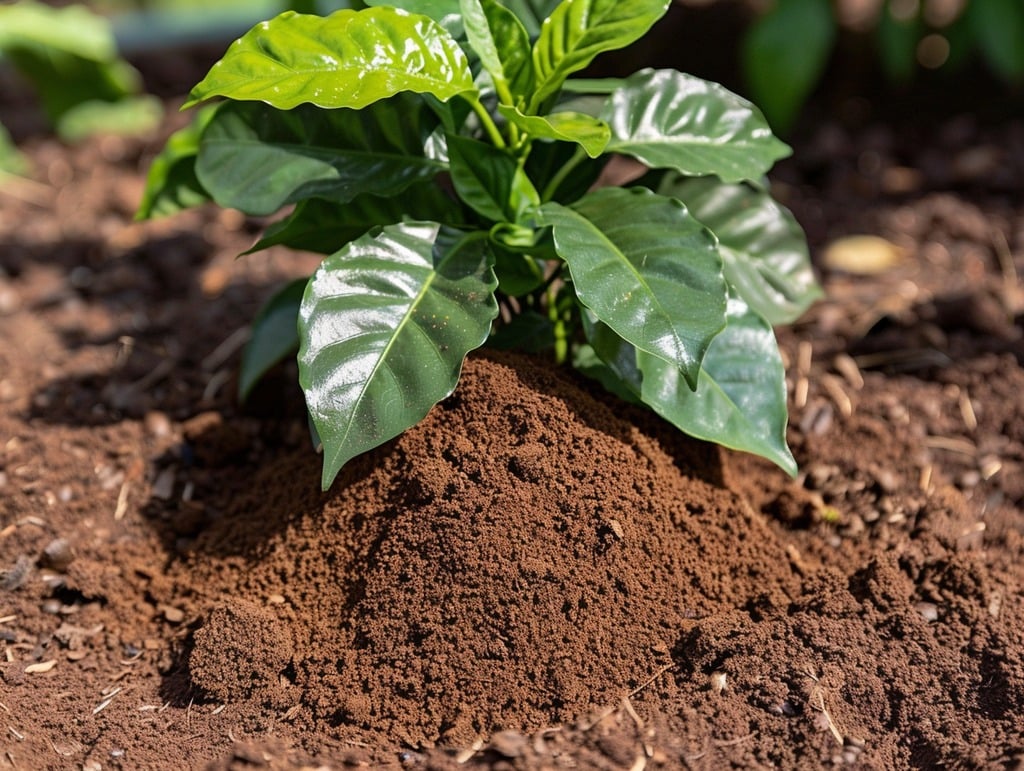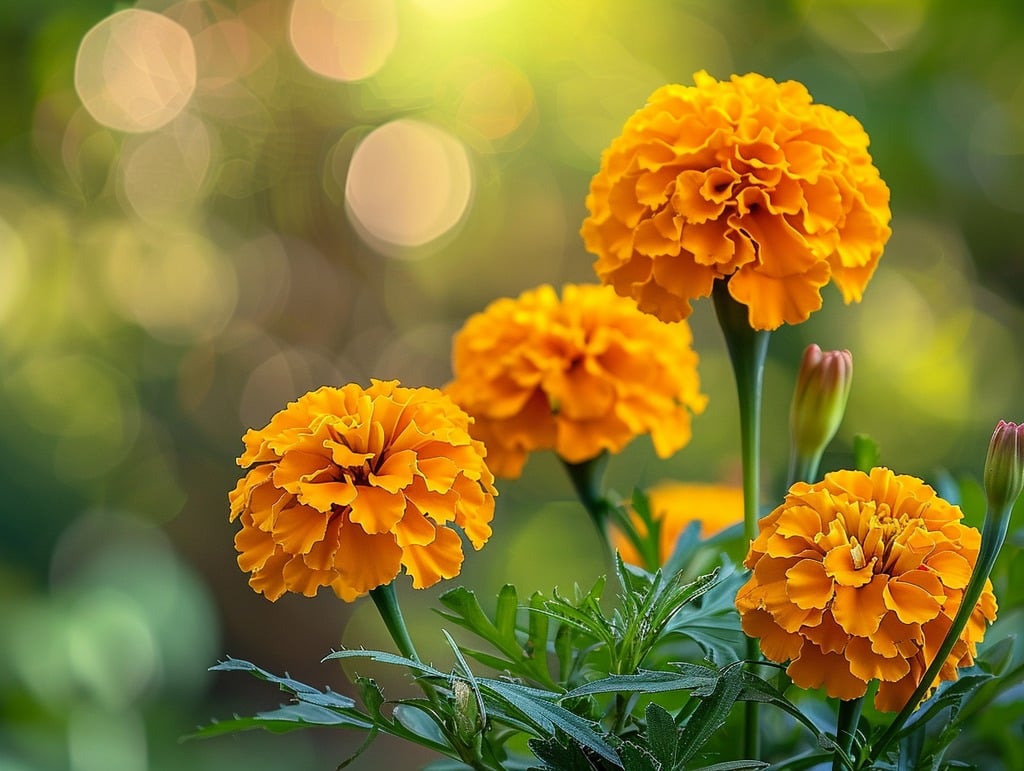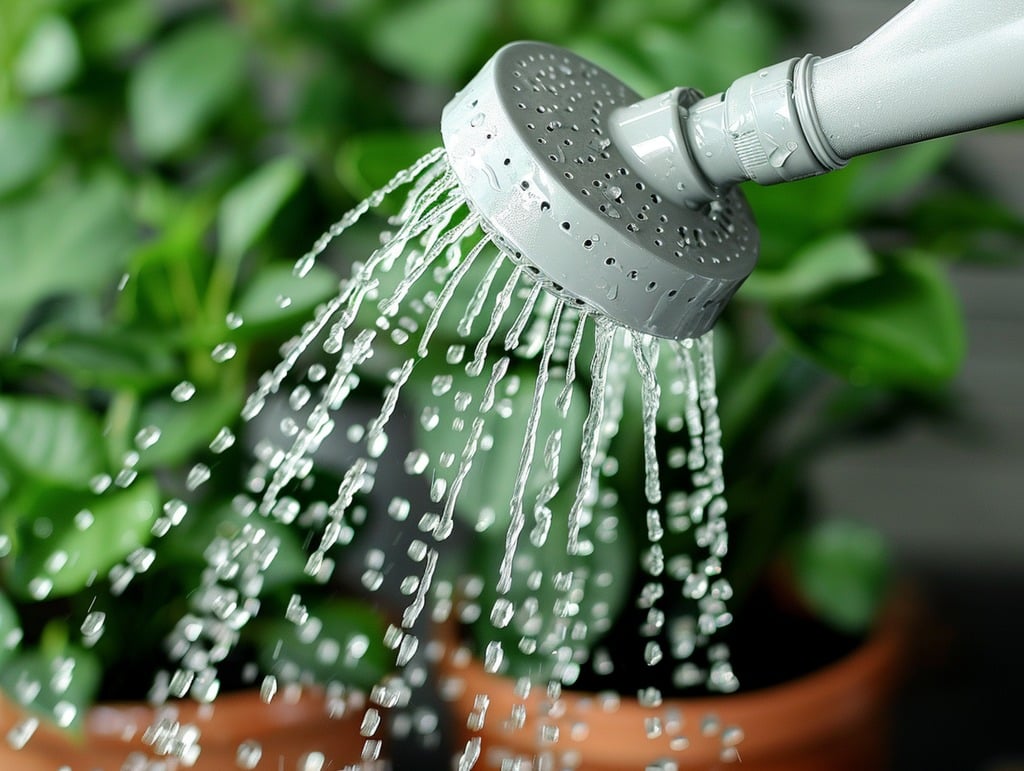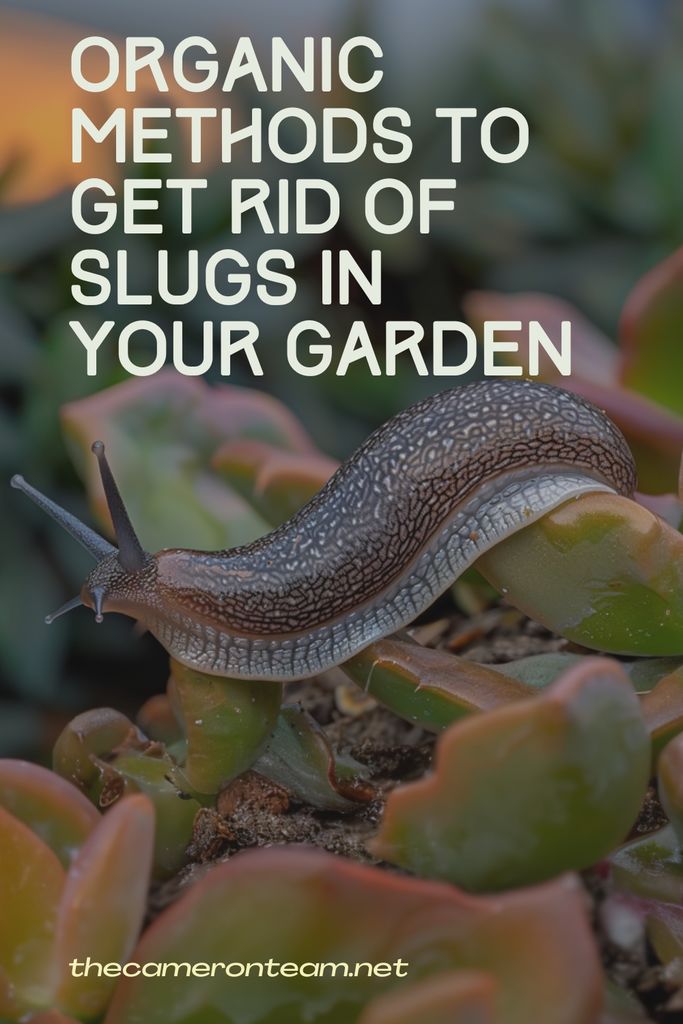Slugs can be a real nuisance in the garden, munching their way through your prized plants and leaving behind a trail of destruction. But fear not! There are plenty of organic methods to keep these slimy critters at bay without resorting to harsh chemicals. Let’s dive into some tried-and-true techniques that can help you maintain a slug-free garden.
The Natural Predators Approach
One of the most effective and eco-friendly ways to manage slugs is by introducing their natural predators into your garden. Here are some helpful allies:
- Birds: Encourage birds by setting up bird feeders and baths. Birds love feasting on slugs. Not only do they keep the slug population in check, but they also add a pleasant ambiance to your garden with their chirping and fluttering.
- Frogs and Toads: Create a frog-friendly environment by adding a small pond or water feature. Frogs and toads are voracious slug eaters. You can build a simple pond with a liner or even use a large container.
- Hedgehogs: These nocturnal creatures can consume a significant number of slugs. Ensure your garden is accessible to them by providing small openings in fences and hedges.
- Ground Beetles: These beetles are natural slug predators. Plant ground covers like clover to provide shelter for them, and avoid using pesticides that might harm them.
Barrier Methods
Creating physical barriers can prevent slugs from reaching your plants. Here are a few effective options:
- Copper Tape: Slugs dislike crossing copper due to a reaction with their slime. Wrap copper tape around pots or garden beds. This is a simple yet effective deterrent.
- Eggshells: Crushed eggshells can deter slugs with their sharp edges. Plus, they add calcium to the soil. Scatter them around your plants, creating a rough surface that slugs find hard to cross.
- Diatomaceous Earth: This powdery substance is abrasive to slugs. Sprinkle it around the base of plants to create a barrier. Be sure to reapply after rain or watering.
Handpicking
It might not be the most glamorous method, but handpicking can be highly effective. Here’s how to do it:
- Early Morning or Late Evening: Slugs are most active during these times. Equip yourself with gloves and a bucket of soapy water.
- Flashlight Patrol: Use a flashlight to spot slugs in the dark. Pick them off and dispose of them in the soapy water. This method can significantly reduce the slug population if done regularly.
Beer Traps
Slugs are attracted to the yeast in beer. Set up beer traps to lure and drown them:
- Simple Setup: Bury a shallow container, such as a yogurt cup, so that the rim is level with the ground. This makes it easy for slugs to crawl in.
- Fill with Beer: Pour in enough beer to cover the bottom of the container. The smell of beer attracts slugs, and they will drown in the liquid.
- Check and Refill: Regularly check the traps and dispose of any slugs. Refill with fresh beer as needed. This method is effective, but make sure to place several traps around the garden for the best results.
Plant Selection
Choosing slug-resistant plants can help reduce the damage in your garden. Consider planting the following:
- Lavender
- Rosemary
- Ferns
- Foxglove
- Ornamental Grasses
These plants are less appealing to slugs, helping to keep them away from more vulnerable species.
Natural Repellents
Certain substances can repel slugs naturally. Here are some effective options:
- Coffee Grounds: Spread used coffee grounds around plants. The caffeine can deter slugs, and coffee grounds also enrich the soil.
- Garlic Spray: Make a garlic solution by crushing garlic cloves and mixing with water. Spray this around your plants. The strong smell of garlic is off-putting to slugs.
- Seaweed: Mulch with seaweed around your garden. Slugs dislike salt and will avoid it. Additionally, seaweed adds valuable nutrients to the soil as it decomposes.
Nematodes
Beneficial nematodes are microscopic worms that can target and kill slugs:
- Application: Purchase nematodes from a garden center and apply them to your soil as directed. They infect and kill slugs without harming other wildlife.
- Effective Timing: Apply in spring or early autumn for the best results. Nematodes work best in moist soil, so ensure your garden is well-watered before application.
Decoy Plants
Planting decoy plants that slugs prefer can help protect your main crops. These sacrificial plants lure slugs away:
- Lettuce and Marigolds: Plant these around the perimeter of your garden. Slugs will be drawn to them first, sparing your other plants.
- Hostas: Another favorite of slugs, hostas can act as a decoy to protect more valuable plants.
Mulching Wisely
While mulch is great for retaining moisture and improving soil health, some types can encourage slugs. Here’s how to use mulch effectively:
- Avoid Mulching with Straw or Grass Clippings: These can provide a damp, cozy environment for slugs.
- Use Bark or Wood Chips Instead: These materials are less attractive to slugs and can help keep them at bay.
Moisture Control
Slugs thrive in moist environments, so managing moisture in your garden is crucial:
- Water in the Morning: Watering in the morning gives the soil time to dry out during the day, making it less appealing to slugs at night.
- Improve Drainage: Ensure your garden has good drainage to prevent water from pooling and creating slug-friendly conditions.
Encouraging a Healthy Ecosystem
A healthy garden ecosystem can naturally keep slug populations in check:
- Diverse Planting: A variety of native plants can attract beneficial insects and predators that control slugs.
- Avoid Pesticides: Pesticides can kill beneficial predators. Opt for organic pest control methods instead.
Wrapping Up
There you have it – a variety of organic methods to help you win the battle against garden slugs. By using these eco-friendly strategies, you can protect your plants and promote a healthy garden ecosystem. Happy gardening!
FAQs:
Q: Are there any plants that naturally repel slugs?
A: Yes, plants like lavender, rosemary, and ferns are less attractive to slugs.
Q: Can I use salt to get rid of slugs?
A: While salt is effective, it’s not recommended as it can harm your soil and plants.
Q: How often should I replace beer in beer traps?
A: Check and refill beer traps every couple of days to ensure they remain effective.
Q: What time of day is best for handpicking slugs?
A: Early morning or late evening when slugs are most active.

